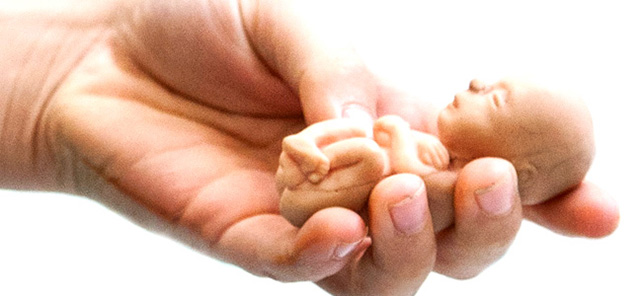
Scientists experiment on human embryos in vitro after the implantation stage
Professor David Albert Jones, Director of the Anscombe Bioethics Centre, has released a statement on the news that scientists at the University of Cambridge have developed a new technique that allows embryos to develop in vitro beyond the implantation stage (when an embryo would normally implant into the womb).
“In a successful pregnancy the human embryo implants in his or her mother’s womb at around 8 or 9 days after fertilisation. If the embryo does not implant he or she cannot survive and so experiments on human embryos have, in practice, only taken place in the first 9 days, though the legal limit is 14 days. However, a group of scientists at the University of Cambridge have developed a system that will allow the embryo to survive and develop in vitro up to the 13-day stage, without any maternal cells present. They could have gone further, but not within the current law.
“What these scientists have discovered, in their own words, is that ‘events at this stage of human development are embryo-autonomous, highlighting the remarkable and unanticipated self-organizing properties of human embryos.’1 In other words, they have shown how embryonic human beings live and develop with a life that is their own from the very beginning. Even at the embryonic stage, the human organism is a living, autonomous being, a self, a wonderful life that can be sustained or can be destroyed. It is a dark irony that they learned this through experimenting on and destroying these very same remarkable self-organizing human lives.
“It seems likely that this technique will lead to yet more experimentation on embryonic human subjects and that some scientists somewhere will sustain embryonic human life in vitro beyond 14 days. In the future this may even be seen as the first step towards culturing babies outside the womb, where the child is not only conceived outside the protection of his or her mother’s body but no such human connection is envisaged at any stage. Human life and human pregnancy should not be separated in this way. On a technical level this experiment represents a breakthrough but it is also a further step away from ethical science and a further step towards an increasingly inhuman future.”
Prof David Albert Jones
Director, Anscombe Bioethics Centre
bioethics.org.uk
Official website for the Anscombe Bioethics Centre